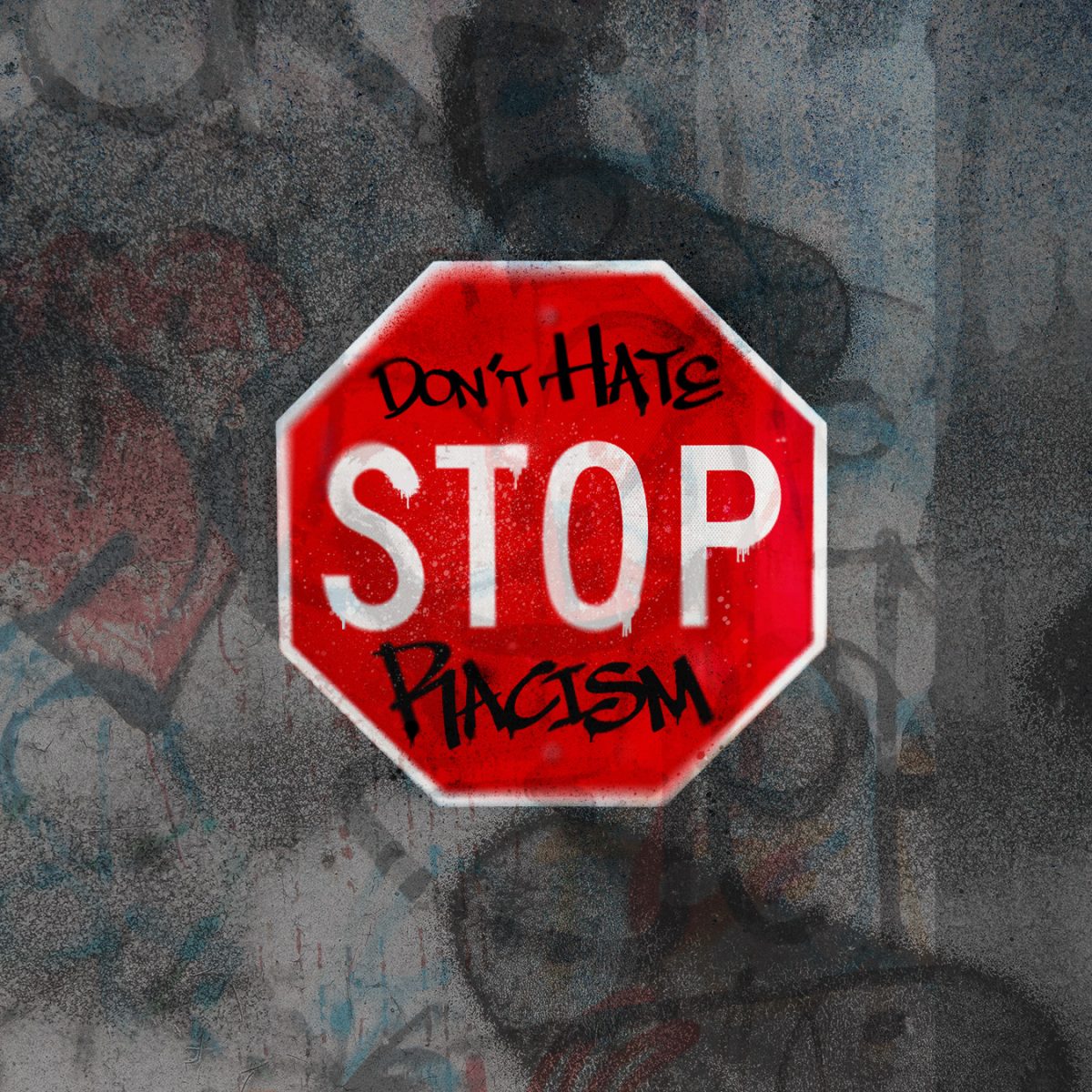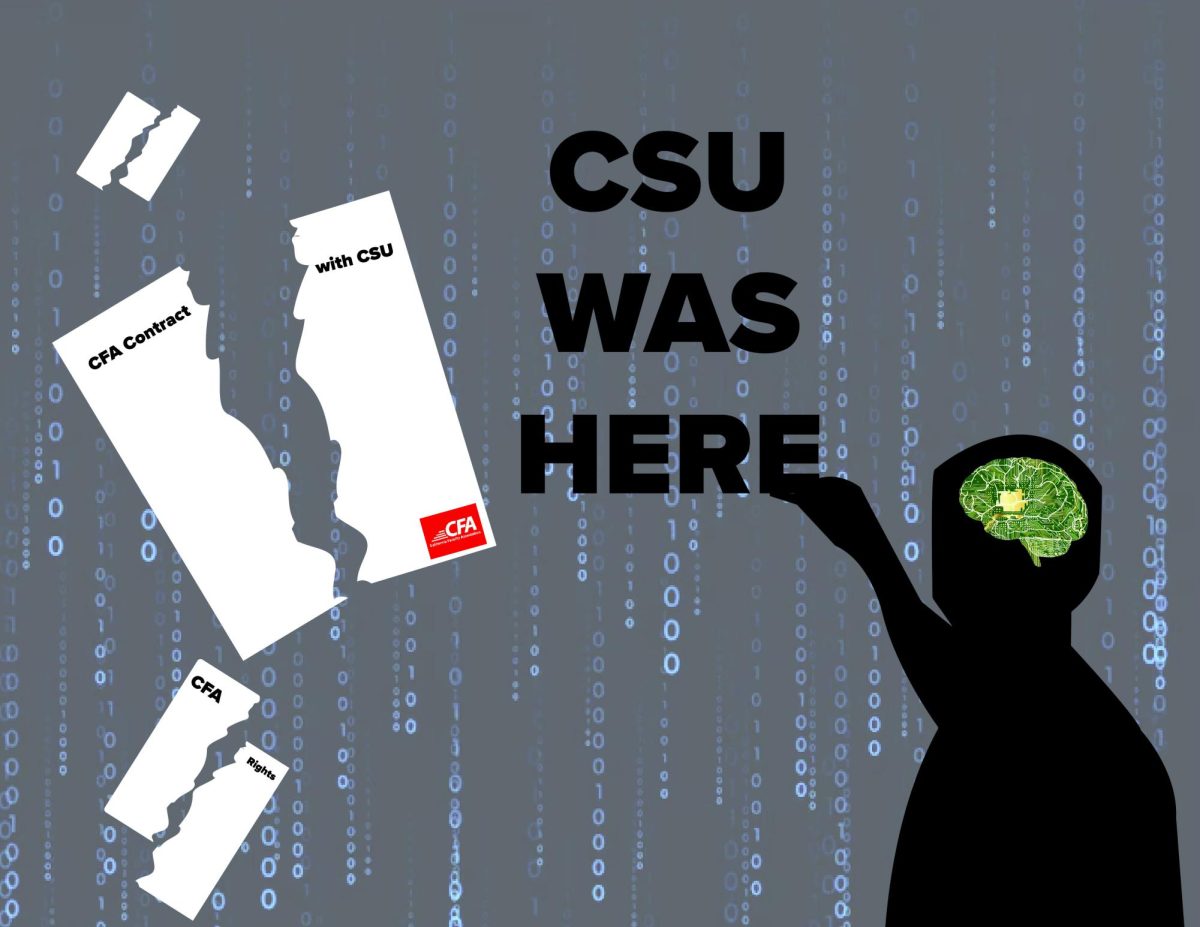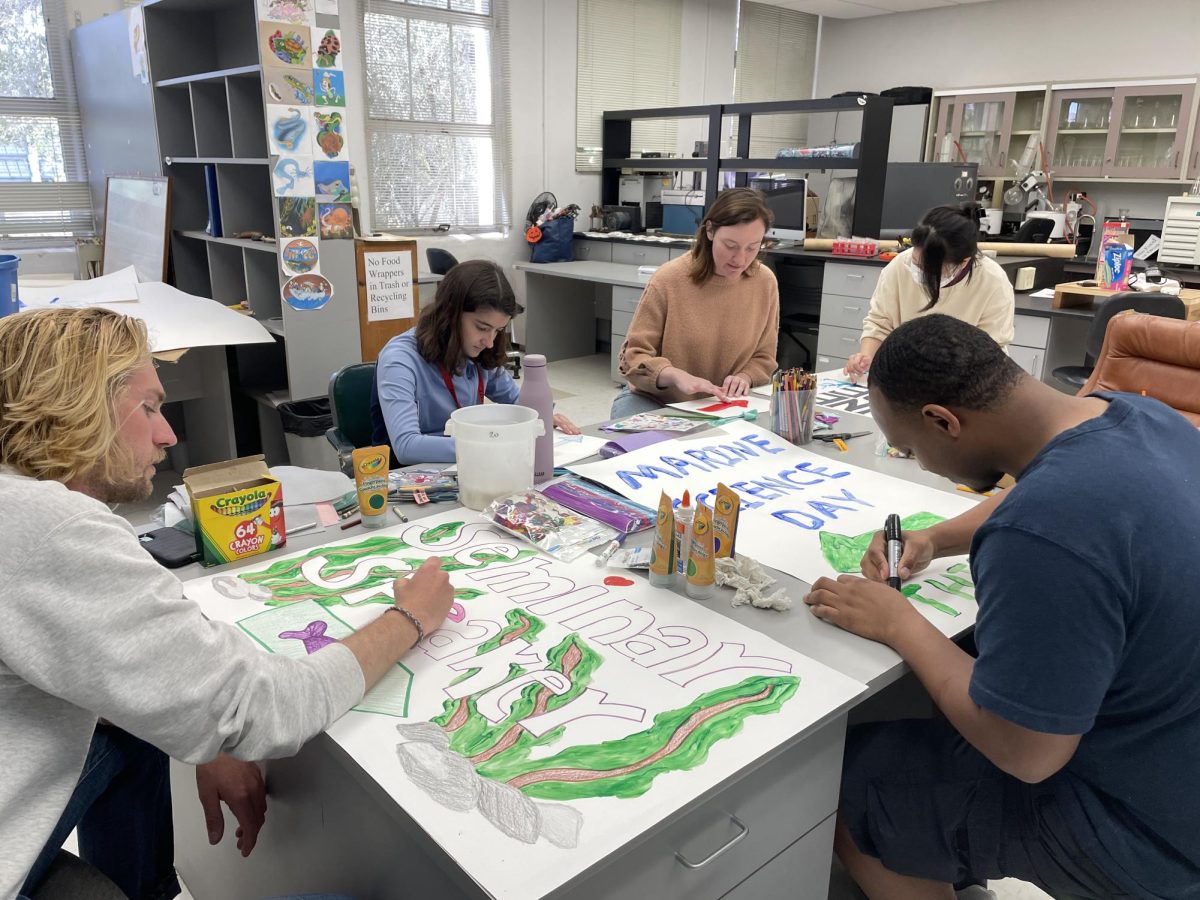 In celebration of International Women’s Day, San Diego State welcomed transnational feminist, professor and documentary filmmaker Kum-Kum Bhavnani to discuss her research on feminism and cultural studies.
In celebration of International Women’s Day, San Diego State welcomed transnational feminist, professor and documentary filmmaker Kum-Kum Bhavnani to discuss her research on feminism and cultural studies.
The event was hosted by the Department of Women’s Studies and was a part of the Feminist Research Colloquium, a monthly series created to provide a platform for discussion about research in women’s studies.
A sociology professor at the University of California, Santa Barbara, Bhavnani is a global activist and has devoted a large part of her life spreading awareness about the struggles women face in the world.
Bhavnani’s documentary, “The Shape of Water,” confronts “destructive development” for women in developing nations and their passion for change. Bhavnani addresses women all around the world who want to create change and make life better, not just for themselves, but for the planet.
“That’s what got me interested in transnational feminism; how women thought about making change,” Bhavnani added.
Bhavnani said today’s world culture has not paid adequate attention to women. She added both men and women work hard, but women are not recognized for all they do in the same way men are. Bhavnani said gender diminishes personhood and society deliberately uses the word “women,” despite the problems associated with the term.
“As you look at women’s lives all over the world, anywhere, you start to see the complications, the entanglements that all human beings have,” Bhavnani said. “Not only personal and social but all of the entanglements of our lives. Men have that same thing but we don’t see it because we have defined men as the sphere of the public.”
This issue is because of the problem with development around the world, Bhavnani said.
“We argue that development has failed because it hasn’t been paying attention to women. And why we want to pay attention to women is because when you look at women’s lives, you see how production and reproduction are totally integrated,” Bhavnani said.
Bhavnani released her second documentary, “Nothing Like Chocolate,” to show the harsh conditions faced by adult and child cocoa harvesters in West Africa and around the world.
She said the film is a way to understand and connect the world and hopes through the use of her films, she can spread awareness and inspire new generations to create a passion for change.






